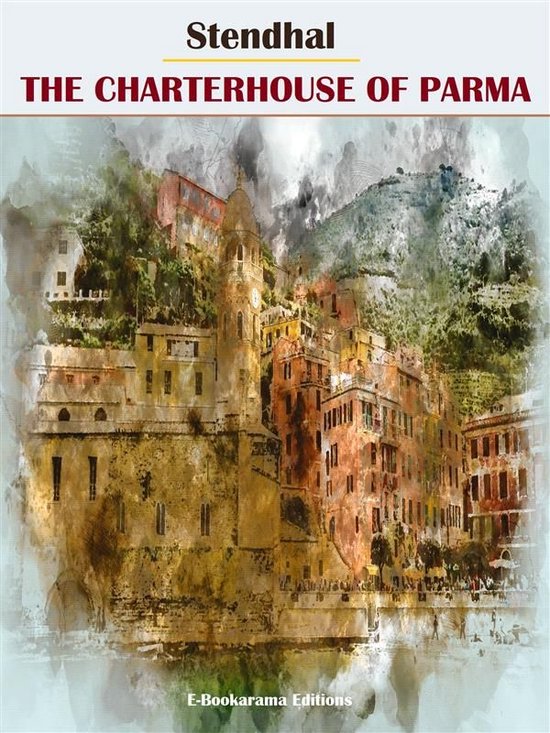
The Charterhouse of Parma
Stendhal’s second great novel, "The Charterhouse of Parma", was first published in Paris in 1839 and had to wait more than fifty years before appearing in an English translation in 1895. Like "The Red and the Black", its vivid characterizations, intriguing plot, and ironical style immediately confirmed its status as one of the major achievements of the nineteenth century novel.
Almost ten years separate the original publication of "The Charterhouse of Parma" from "The Red and the Black". The interval did not, however, produce a change in Stendhal’s fictional themes or methods. Once again, the protagonist is a young man, and the environment in which he comes face to face with the world and his situation and destiny in it is one of political intrigue. Again, the protagonist’s fate seems to be decided by his emotional nature, and the expression of that nature is subject to ruinous social manipulation. The larger backdrop to the novel’s plot is the Napoleonic era. Yet it is used to illuminate the character of the protagonist, Fabrizzio del Dongo, and to prepare the reader for the struggle for autonomy and individuality that Fabrizzio must undergo.
"The Charterhouse of Parma" tells the story of a young Italian, Fabrizio del Dongo, who dreams of a great and glorious military career. He initially joins Napoleon’s army, but after the French defeat at the Battle of Waterloo, he returns to Italy and embarks on an ecclesiastical career, before being imprisoned for killing a man during a fight and falling in love with the daughter of the prison governor.
"The Charterhouse of Parma" is a key example of the realist novel, and was admired by writers including Honoré de Balzac, Leo Tolstoy and Henry James. In particular, Stendhal’s vivid description of the Battle of Waterloo has been widely praised.
| Auteur | | Stendhal |
| Taal | | Engels |
| Type | | E-book |
| Categorie | | Literatuur & Romans |